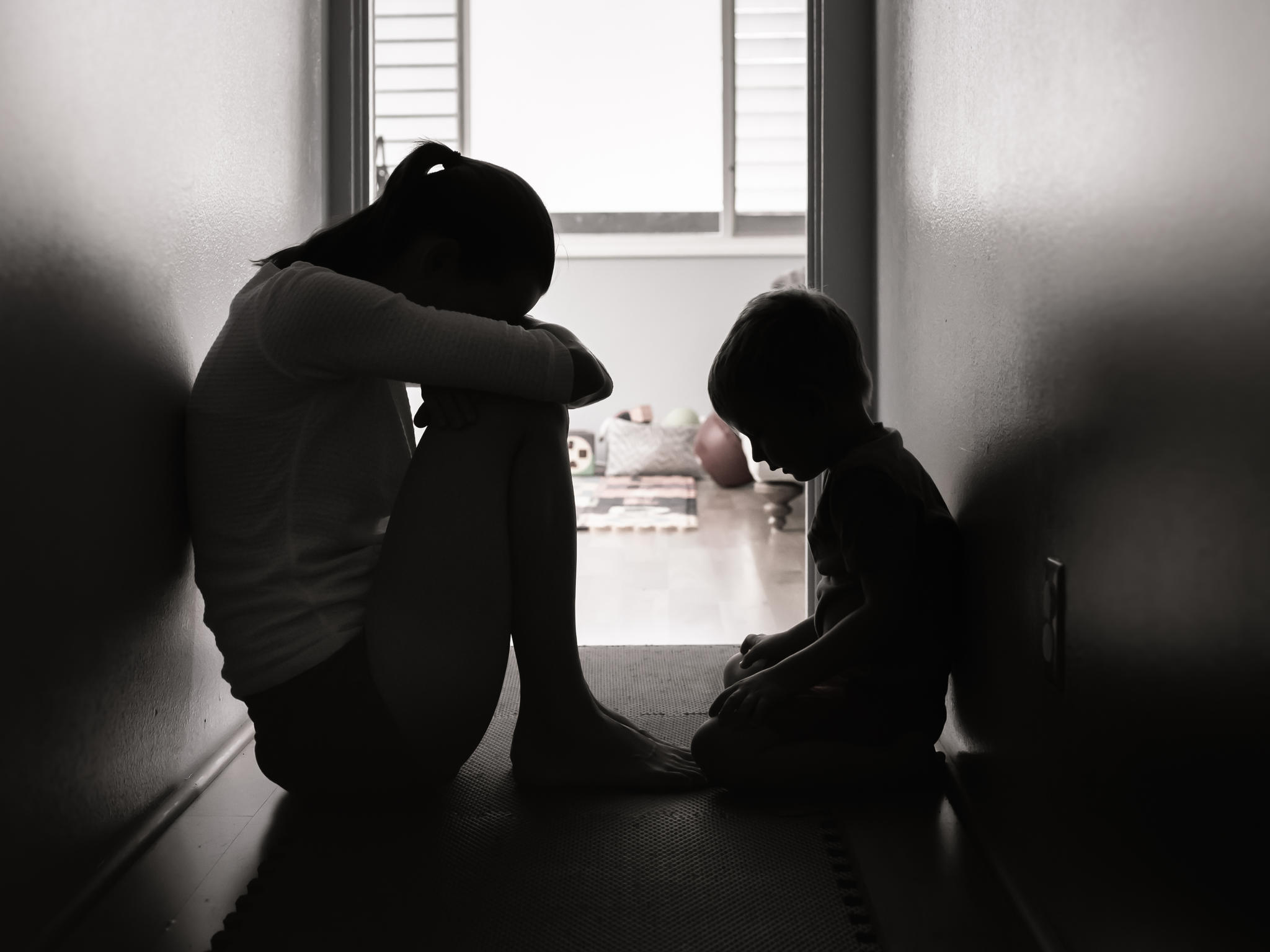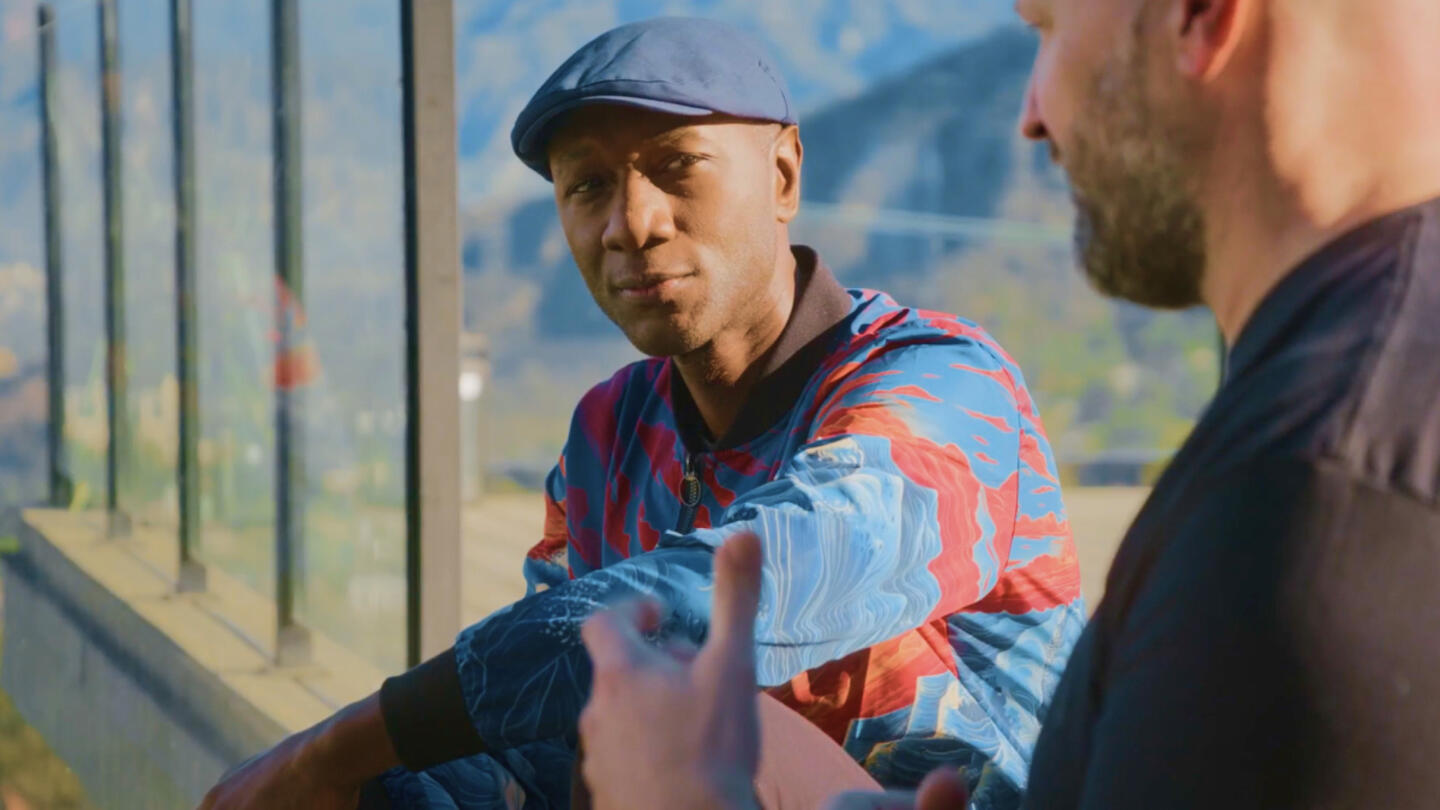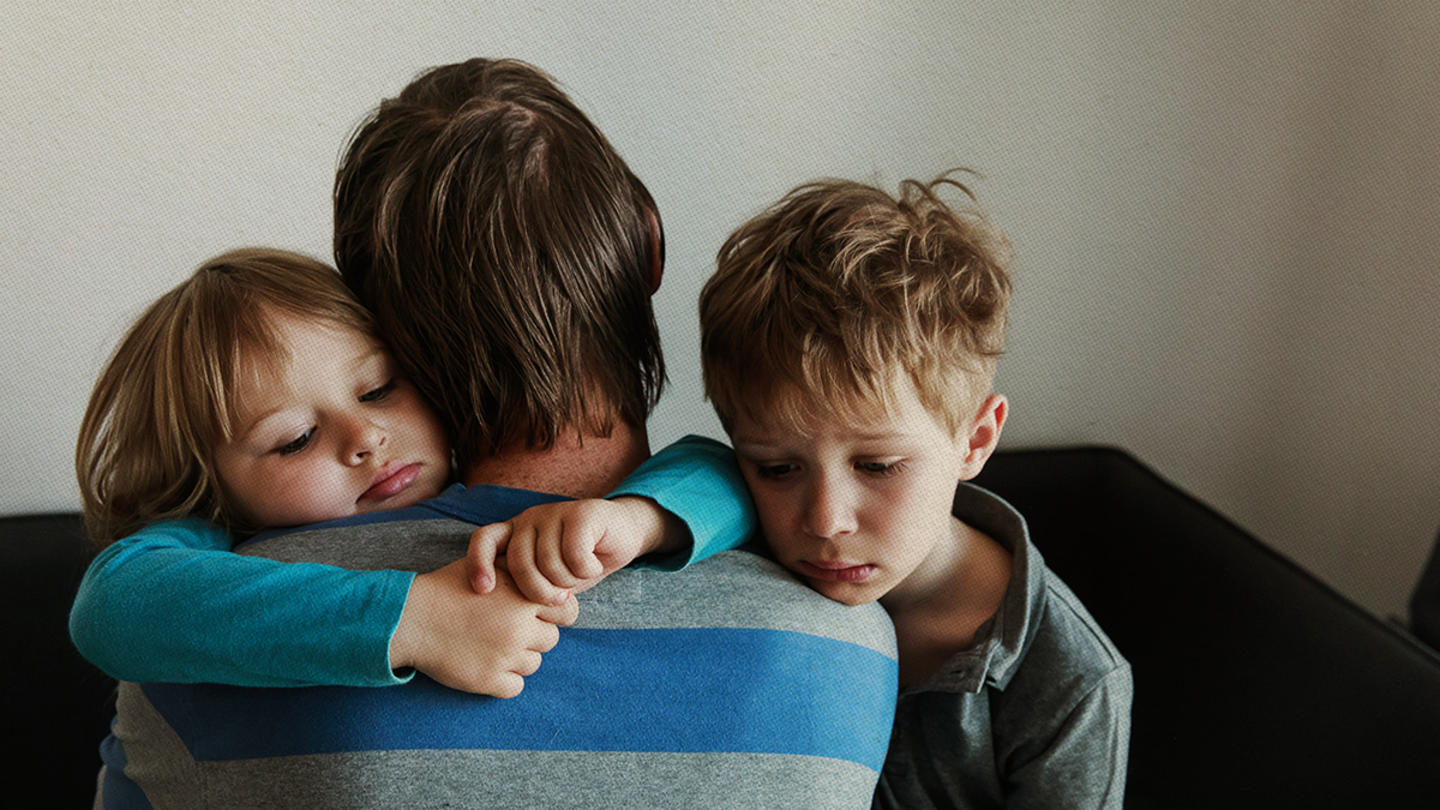At 3 a.m., Ebony Gould and her three children awoke to a loud banging on their door. A caseworker from the City of New York Administration for Children’s Services (ACS) appeared to check on the well-being of Gould’s children. Her abusive ex-partner had made a report to ACS, one of at least a dozen. Each instigated an investigation; all proved to be baseless.
Gould told The New York Times that an ACS worker told her, through a closed door, that her children could be taken away.
“I felt forced,” she said. “I almost felt like I was being abused again, but by a stranger.”
Gould’s experience isn’t isolated. Every day, in cities and states across the country, in non-emergency circumstances, caseworkers employ coercive tactics to enter homes, search through personal belongings, and even strip-search children without parents present while conducting child welfare investigations.
It’s a tragic reality that some kids need to be removed from the care of a parent. It’s also an unfortunately common occurrence that many other kids are separated from their parents for vague and often dubious reasons, often illegally. Either way, how the situation is handled can impact a child’s development and sense of security, then and in the future.
The Family Justice Law Center (FJLC) advocates to change these destructive practices. “There is a cloak of immunity around the child welfare system because the language and mission invokes benevolent thoughts,” said David Shalleck-Klein, founder and executive director. “That benign vision obscures the reality that these are government agents with enormous power and ability to actually inflict more harm during investigations than securing the safety of children.”
Some child welfare agencies have been skirting the edges of the law and, in some instances, outright ignoring existing law during abuse investigations and in child removal processes, too. As a consequence, in many cases, they traumatize children instead of protecting them, with a disproportionate impact on families of color, or those living in poverty.
Until recently, there hasn’t been effective litigation advocating for the Constitutional rights of families subjected to these injustices. FJLC is filling the void. Utilizing impact litigation, FJLC, founded at the end of 2022, is building a staff of well-trained, well-resourced, and top-flight attorneys who go on the offense to fight against the government interfering with a precious liberty.
From class action lawsuits against child welfare agencies to individual lawsuits on behalf of one family, and other strategic legal work, FJLC provides strong, effective litigation to represent families harmed by the system, fixing the broken processes, and holding the child welfare system accountable to the laws that bind it.
Its first class-action lawsuit is on behalf of Gould and eight other New York City parents who endured trauma because of ACS investigations. The lawsuit charges that ACS caseworkers violated the Constitutional rights of families during home searches by using threats and other coercion and failing to follow the law governing entry into and searches of family homes.

There is a cloak of immunity around the child welfare system because the language and mission invokes benevolent thoughts.”
David Shalleck-Klein
Founder and Executive Director, Family Justice Law Center
In New York, anyone can make a child abuse or neglect claim, even anonymously.
“By state law, A.C.S. has to open an investigation within 24 hours of receiving an abuse or neglect report and must assess the safety of all children in the home,” The New York Times reported.The Fourth Amendment protects people and their homes from unreasonable searches by the government without a court order.
“When the government can violate the rule of law for some citizens, it can violate it for everyone,” said Casey Mattox, vice president for Legal and Judicial Strategy at Stand Together. “Our civil liberties are bound together. Family Justice Law Center is doing important work in fighting against the government overreach that’s impacting the lives of families across the country.”
ACS caseworkers can easily obtain court orders, but they don’t in far too many cases. Instead, caseworkers aim to be “invited” into the home by families.
In 2023, New York City ACS conducted nearly 53,000 investigations, according to its statistics. In only 222 did they seek court orders for those home searches.
ACS workers routinely mislead parents by telling them their children could be taken away from them if they don’t grant the caseworker entrance to their home. They threaten to call the police if they don’t comply. Families, unaware of their rights or afraid they’ll be reported as resistant, adding suspicion to the abuse or neglect claim, often acquiesce under pressure and let the caseworker in.
“This is a clear violation of Fourth Amendment rights,” says Shalleck-Klein. “There’s no voluntary consent if you’re coerced.”
According to FJLC’s analysis, in 2022, under 7% of all investigations led ACS to file child abuse or neglect petitions against parents or caretakers -- and many of those were ultimately dismissed after scrutiny by judges. In the meantime, tens of thousands of children and families were unnecessarily traumatized.
“The government’s mentality around these searches has been ‘no harm no foul,’” says Shalleck-Klein. “But what families have been saying for decades is that there is immense harm — to children, to families, and to communities — and there is foul. And the foul is of Constitutional magnitude.”
Sign up for the Strong & Safe Communities newsletter for stories, ideas, and advice from changemakers working with their neighbors to address the biggest problems we face.
Gould told The New York Times one investigator asked her 6-year-old daughter if she was suicidal.
“From that day on, she started saying — when they would come — she felt suicidal,” even though her daughter had not previously known what the word meant. All three of her children are in therapy because of the investigations by ACS.
Another mother in FJLC’s lawsuit, Curtayasia Taylor, was told “her children were ‘no longer [her] children’ and, instead, clients of ACS to whom she could not talk without ACS’s permission.” Taylor believed she had no choice but to let ACS in. The investigation was ultimately determined to be unfounded, and her children were never removed from the home.
One child of a couple in the lawsuit, “once outgoing and cheerful, has been in therapy, her parents said, and blames herself for the investigations,” according to The New York Times.
Shalleck-Klein believes child welfare agencies have been unchecked for so long that they’ve amassed enormous power. They have exploited the fear that officials will be liable for mistakes in investigations to justify massive intrusions on protected rights instead of proceeding with good policy that keeps both children safe, while protecting fundamental Constitutional rights.
“Challenging unnecessary family surveillance and separation is one of the most underfunded, under-resourced, and misunderstood issues of our time,” said Shalleck-Klein. “Preventing unnecessary government intrusion and protecting Constitutional rights for family defense is a rare issue in today’s political climate that people can – and must – come together on.”
Family Justice Law Center is supported by Stand Together Trust, which provides funding and strategic capabilities to innovators, scholars, and social entrepreneurs to develop new and better ways to tackle America’s biggest problems.
Learn more about Stand Together’s efforts to build strong and safe communities, and explore ways you can partner with us.

At this ‘resort,’ children with intellectual disabilities are seen as gifts to be celebrated and loved.

Veterans experience loss when leaving service. Could this be key to understanding their mental health?

The Grammy-nominated artist is highlighting the stories we don’t get to hear every day.

With his latest project, Blacc isn’t just amplifying stories — he’s stepping into them
